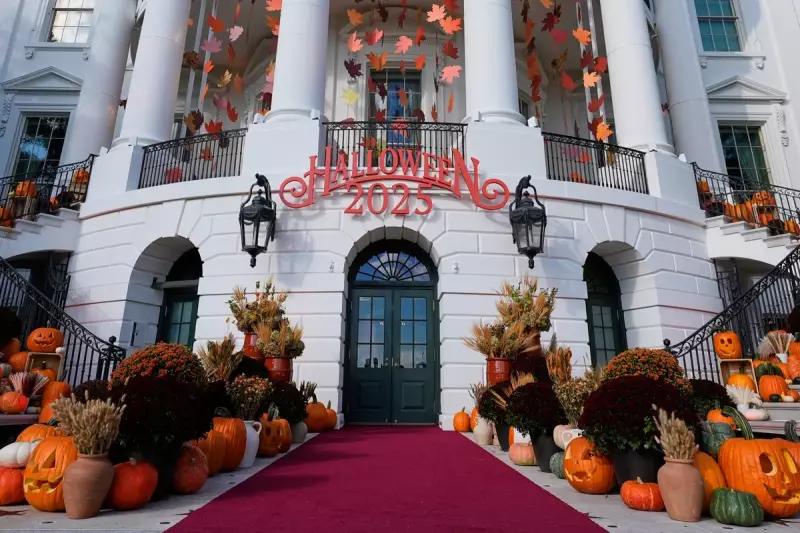
In a striking revelation about the current state of American democracy, a new nationwide study has found that government corruption has become the number one fear among United States citizens, surpassing even concerns about cyber-terrorism, economic collapse, and pandemics.
The Fear Factor Rankings
The Chapman University Survey of American Fears, which has been tracking national anxieties since 2014, shows a significant shift in public concern. The top five fears identified in the comprehensive poll are:
- Government corruption (taking the top spot)
- Cyber-terrorism
- Economic collapse
- Russia using nuclear weapons
- Another pandemic emerging
A Growing Crisis of Confidence
This year's findings mark a notable departure from previous surveys, where government corruption typically ranked lower in public concerns. The dramatic rise to the number one position suggests a deepening crisis of confidence in political institutions and elected officials.
"When corruption becomes people's primary fear, it indicates they've lost faith in the system's ability to self-correct," the report's authors noted, highlighting the profound implications for democratic governance.
Methodology and Demographics
The survey gathered responses from 1,000 American adults between May 10 and June 12, 2024, providing a comprehensive snapshot of national anxieties across demographic groups. The research team employed sophisticated statistical analysis to ensure the results accurately reflect the broader population's concerns.
Broader Implications for Democracy
Political analysts suggest this finding reflects growing frustration with perceived political gridlock, partisan divisions, and concerns about the influence of money in politics. The elevation of government corruption to Americans' foremost fear represents a significant challenge for political leaders across the spectrum.
As one political scientist observing the trends commented, "When citizens fear their own government more than external threats, it signals a fundamental breakdown in the social contract that underpins democratic society."





